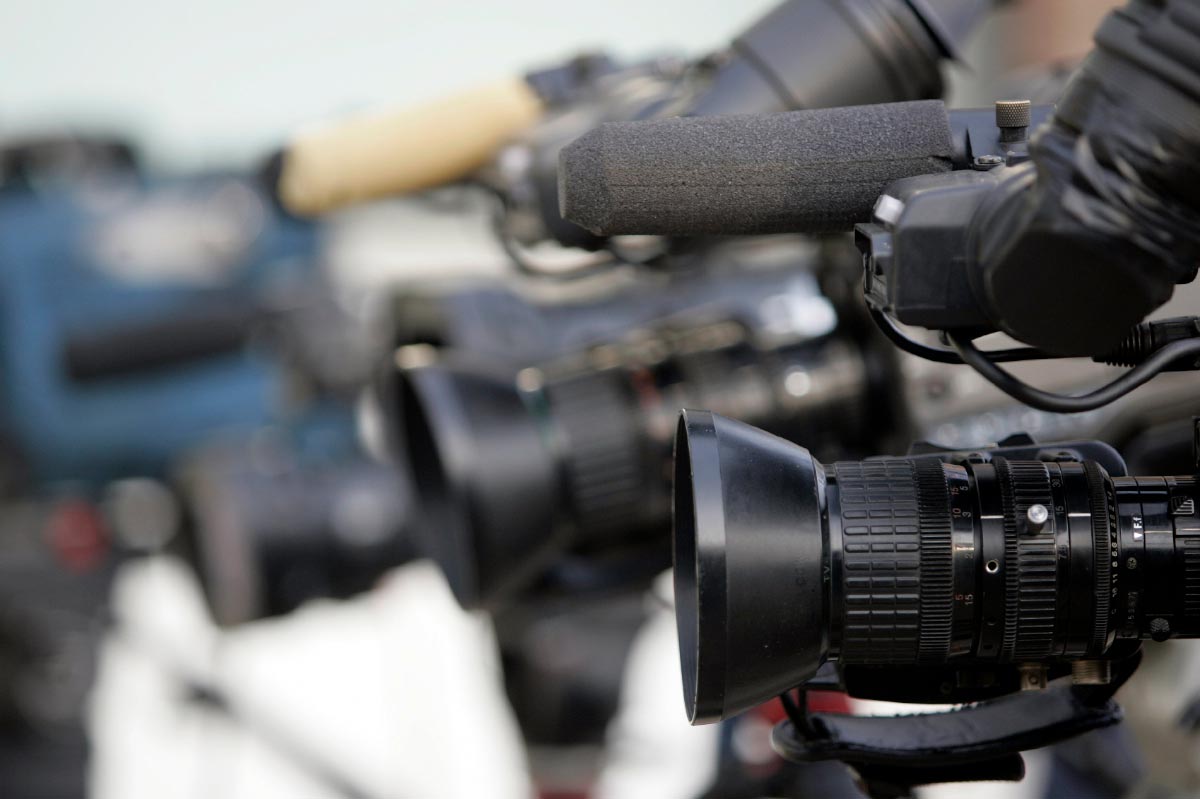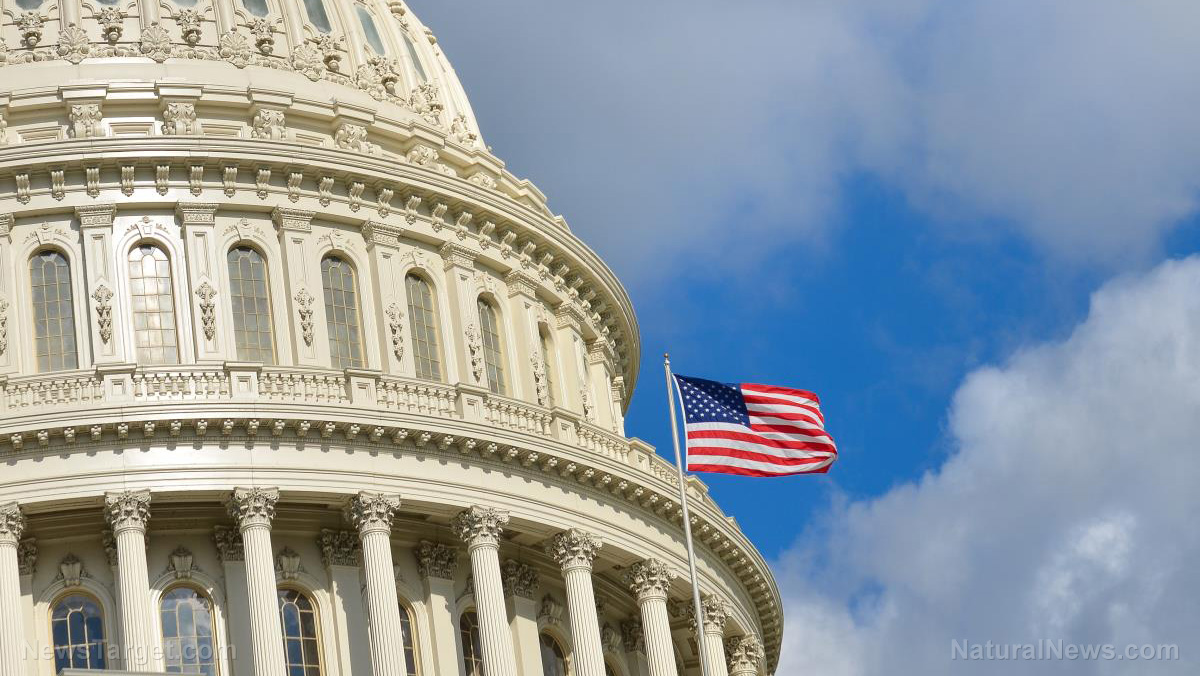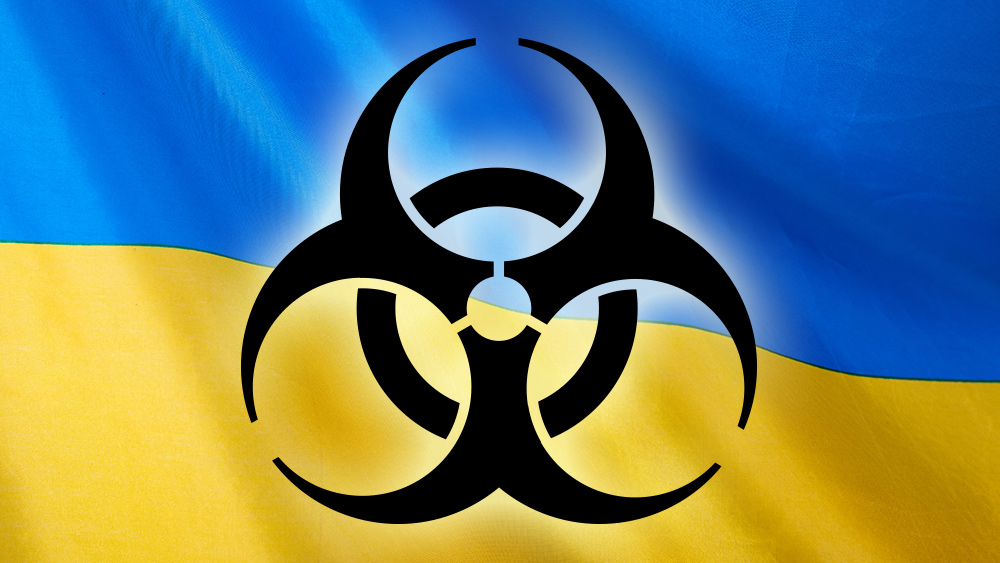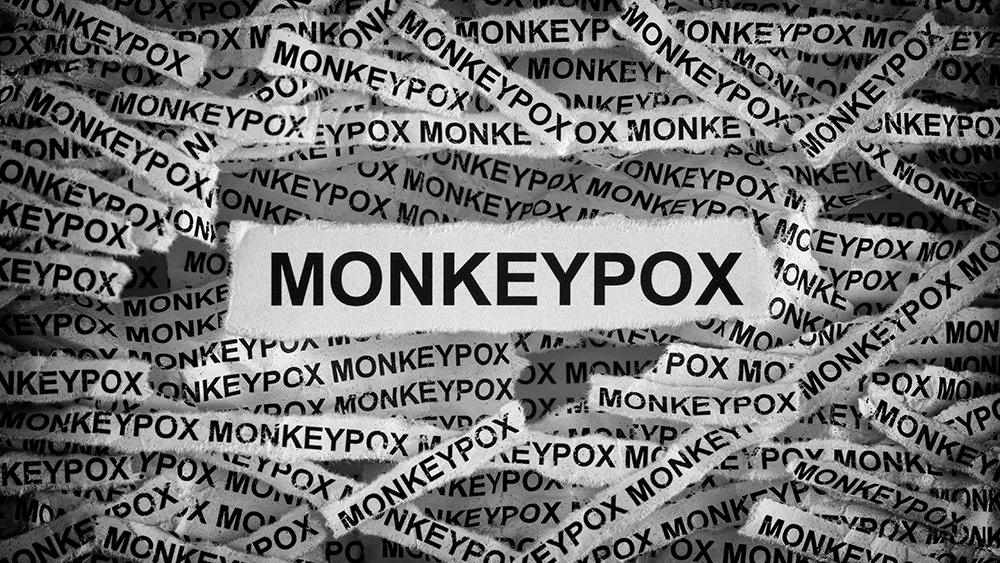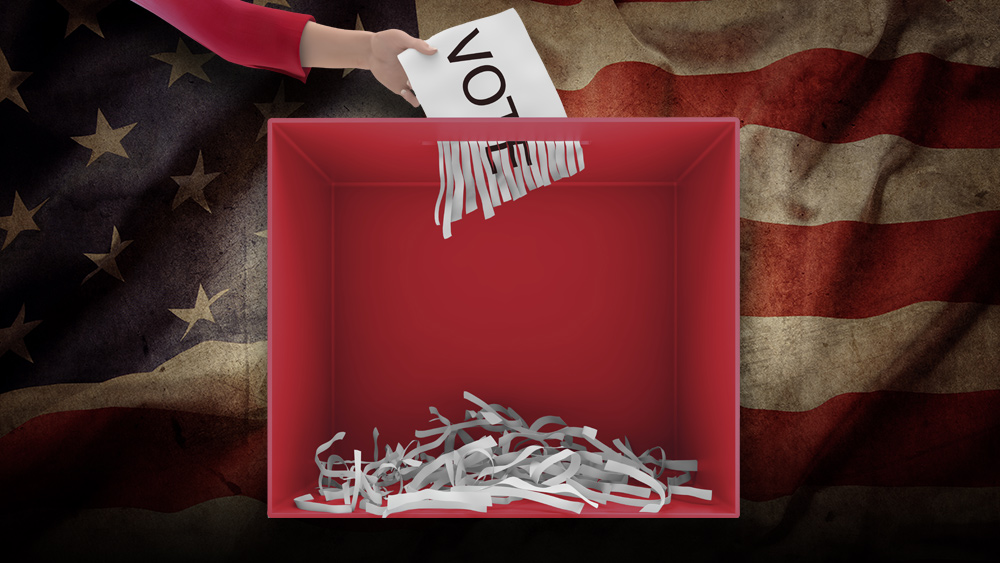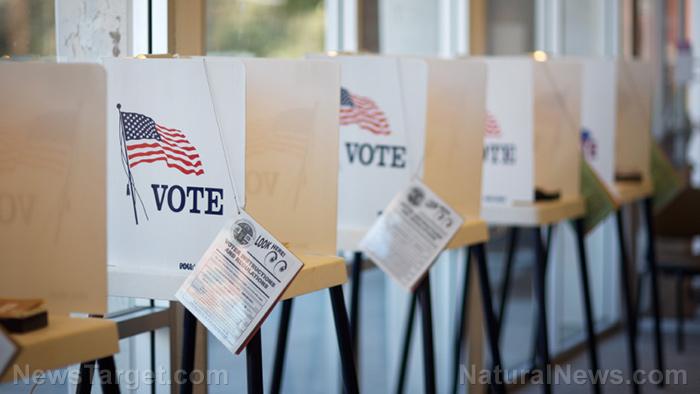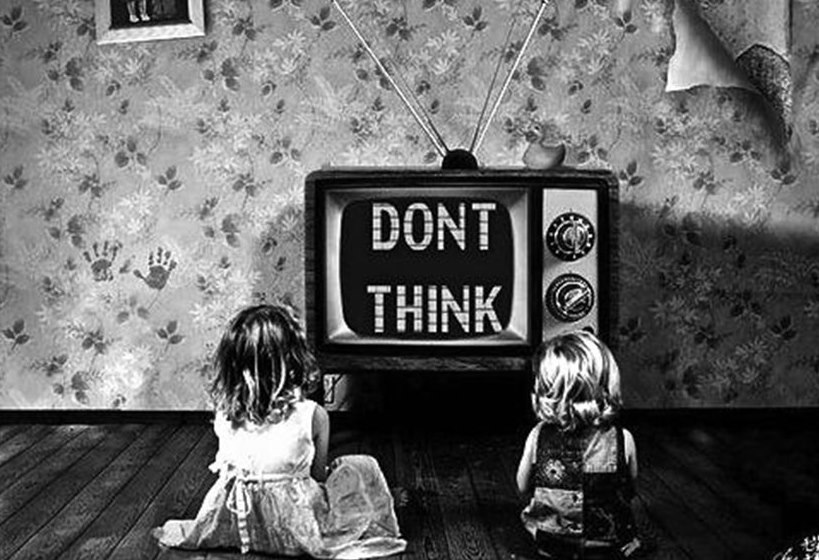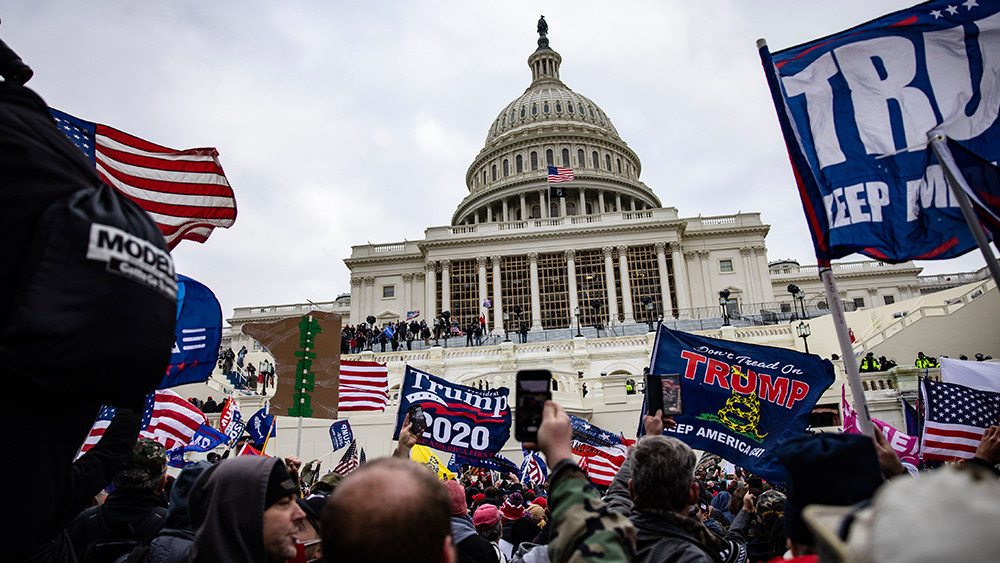Brookings Institution suspends its president amid FBI investigation
06/13/2022 / By Ramon Tomey

Washington, D.C.-based think tank Brookings Institution suspended its president over a federal investigation for his alleged involvement in an illegal lobbying campaign in Qatar.
Brookings put its president, retired Marine General John Allen, on administrative leave beginning June 8. Ted Gayer, the think tank’s executive vice president, will assume Allen’s duties for the duration of the erstwhile general’s suspension. The military officer had also led forces under the U.S. and the North Atlantic Treaty Organization in Afghanistan prior to his appointment as Brookings president in 2017.
Allen’s suspension followed the Federal Bureau of Investigation (FBI) seizing his electronic data by authority of a search warrant. According to the bureau, Allen made false statements and withheld “incriminating documents” about his behind-the-scenes role during a 2017 diplomatic crisis involving Qatar and its neighbors. The retired general’s actions subsequently played a role in influencing the Trump administration’s stance toward Doha.
“There is substantial evidence that these [Foreign Agents Registration Act] violations were willful, wrote FBI agent Babak Adib in the search warrant’s application.
Adib mentioned that Allen misrepresented his role in the lobbying campaign to U.S. officials. Allen also failed to disclose “that he was simultaneously pursuing multimillion-dollar business deals with the government of Qatar.” Furthermore, the now-suspended Brookings president had also given “a false version of events” about his work in Doha and had failed to produce relevant email messages in response to an earlier grand jury subpoena.
Interestingly, an affidavit filed by the FBI said Allen used his official Brookings email account for some of the exchanges.
The retired general declined to comment on the bureau’s actions. He had earlier denied working for Doha and explained that his actions in 2017 sought to prevent another war in the Persian Gulf region that could jeopardize American troops.
Allen’s spokesman Beau Phillips said in a June 8 statement that the suspended Brookings president had done nothing improper or unlawful.
“Through decades of public service in combat and diplomacy, Allen has earned an unmatched, sterling reputation for honor and integrity. We look forward to correcting the falsehoods about [him] that have been improperly publicized in this manner.”
Brookings distanced itself from Doha despite receiving huge funding from it
The think tank itself announced the decision to put Allen on administrative leave in a June 10 press release. It clarified that “Brookings is not the subject of a federal investigation into a personal trip Allen took to Qatar in 2017 before he became president of the institution.”
“Brookings seeks to maintain high ethical standards in all its operations, [and] has strong independence policies in place to ensure financial supporters do not influence the research findings or policy recommendations of its experts. The integrity and objectivity of Brookings scholars and their research constitute the institution’s principal assets.” (Related: US universities received $6.5 billion in undisclosed foreign gifts and contracts – including ones from China.)
The statement also reiterated that Brookings “receives no funds from the government of Qatar,” but acknowledged that it received money from Doha in the past “to support operations for research and events” – clearly pointing to a conflict of interest.
Established in 1916, Brookings is one of the most influential think tanks in the United States. It has had strong ties in Qatar since 2007, with the establishment of the Brookings Doha Center (BDC) funded by the Qatari Ministry of Foreign Affairs.
The New York Times noted that in 2012, Doha noted in a news release that the BDC’s role included “reflecting the bright image of Qatar in the international media, especially the American ones.” According to the Times, Qatar donated $14.4 million to the think tank over a span of four years.
While the non-profit Brookings is not required to disclose donations, it voluntarily does so – with its annual reports showing that Doha gave at least $2 million yearly from 2016 to 2021.
However, Brookings decided to stop taking any new donations from Qatar in 2019 – while Allen was still president. Ties between the U.S. and Qatari branches of the think tank were mutually ended in 2021, with the BDC becoming the Middle East Council on Global Affairs.
Watch the One America News report below about the Brookings Institution’s connection to the now-discredited Steele dossier.
This video is from the NewsClips channel on Brighteon.com.
More related stories:
1984? Think tank group wants government to harvest your smartphone data to prevent mass violence.
How much money are US universities accepting as bribes from communist China?
Tucker Carlson outs fake “conservative” think tanks for doing Big Tech’s bidding.
Sources include:
Submit a correction >>
Tagged Under:
Brookings Doha Center, Brookings Institution, conflict of interest, corruption, deception, donations, electronic data, FBI, federal probe, financial contributions, investigation, John Allen, propaganda, Qatar, search warrant, seizure, think tank
This article may contain statements that reflect the opinion of the author
RECENT NEWS & ARTICLES
COPYRIGHT © 2017 CONSPIRACY NEWS

